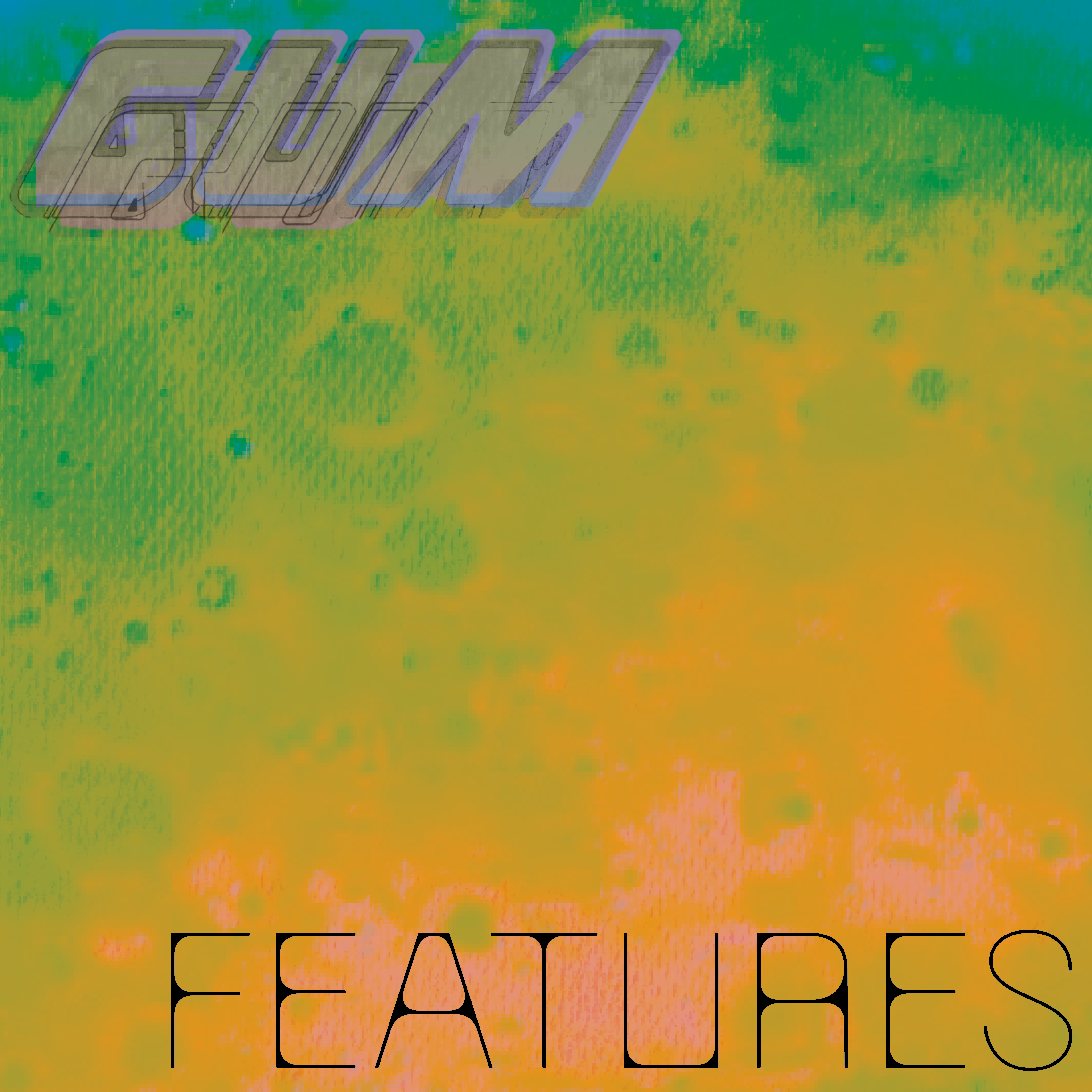Words: Caitlin Devlin (she/her)
‘The Caledonian Antisyzygy is the idea of duelling polarities existing within one entity’. This notion is popularised by the idea of ‘contradiction’ – reflected time again within the symbolic literary devices of dichotomies, oxymorons and paradoxes. Scotland vs England, Highlands vs the Central Belt, Glasgow vs Edinburgh, Catholics vs Protestants, Celtic vs Rangers may appear to be but a few rivalries, yet Gregory G Smith argues that ‘The Caledonian Antisyzygy’ encompasses and collectivises these oppositions and situates them at the forefront of the Scottish psyche.
The formation of a collective Scottish psyche can be found amongst the nation’s literature. Scottish psychiatrist R.D Laing in his 1960 The Divided Self, discusses the debilitating mental impacts that a fragmented, alienated society has on an individual’s mental health. Laing’s conclusions are not only replicated in the divided selves of Robert Louis Stevenson’s Jekyll and Hyde, but Alasdair Gray’s contradictory narratives within Poor Things, a product of post-1979 Scotland, wherein the division between Bella Victoria’s brain and body (the divided nation of 48.4% ‘No’ and 51.5% ‘Yes’), respectively lies beneath this characterisation.
The supposed dualistic thinking of these writers can ultimately be understood by Scotland’s historic roots and challenges faced in generating a national identity. The continual suppression under the British government, Scotland’s deprivation of sovereignty, and the overhanging question of Independence are direct challenges to an internal sense of belonging, self-acceptance and security.
It is worth noting that Scotland and its imperial legacy cannot be let off Scot-free. Polarities are heightened in a society where class conflicts, socio-economic inequalities, and sectarian violence permeate other intersectional differences. However, literature, as a non-violent activist outlet of expression, is productive in its own ways. Ascribing a voice to historically marginalised communities is a productive means of self-expression and a progressive reclamation of identity and culture. The emergence of Scottish literature as its own field of study successfully transforms the historically dominant anglicised culture that has always coexisted on the same land.
The lived experiences and voices explored within the works of Scottish writers Hannah Lavery and Douglas Stuart masterfully encapsulate this concept of conditional belonging. Stuart’s Young Mungo (2022) tackles religious tensions, homophobia and the culture of violence and opposition fostered by toxic masculinity. Lavery’s play Lament for Sheku Bayou responds to the 2015 news of a young black man wrongfully killed in Scottish police custody. She explores themes of community, blackness, and belonging within a Scottish identity. Her poem ‘Scotland, You’re No Mine’ echoes a reciprocated rejection between a collective Scotland and an individual Scot. Lavery’s call for Scotland’s accountability ends with an internal contradiction between longing and anguish – ‘my sweet forgetful Caledonia. With love, fuck you’.
These words confront the constraints of conditional belonging and reveal existing intersections in identity. As instrumental forces, their voices constantly reclaim and reframe national identity. Although conflicts and contradictions often involve opposing one another, scholar Ema Jelínková favours the term “Caledonian Polysyzgy”: a more positive, unified approach to the duelling polarities of the ‘Antisyzygy’. She argues that Scotland can and has become ‘validated’ and celebrated by its ‘multitude of voices’. As such, an understanding of divisions within identity is encouraged with aims to create new pathways for Scots to connect and embrace. People Make Glasgow, after all…
Cultural similarities and influences have long existed between the people of Ireland and Scotland including maritime links, Gaelic/Gaeilge language and roots to Celtic connections. Just as Scots often oscillate between their duality of national identity (Scottish or British), we – as the generation born after ‘The Good Friday Agreement’ – were offered our preferred expression of national identity as Irish, Northern Irish or British in attempts for reconciliation during the peace process.
Therefore I, like others from the North of Ireland, must endeavour to untangle the fusion of opposites, division, unification, and identity. The constant battle fought by the North to position itself politically and geographically as one entity (as ‘the North of Ireland’ or ‘Northern Ireland’), becomes escalated by the multitudes of difference within its six counties – Antrim, Armagh, Derry, Down, Tyrone, Fermanagh.
Within my lifespan of 21 years, the North has struggled to legalise gay marriage (2020), decriminalise abortions (2019), suffered the impacts of intergenerational trauma, PTSD and become victim to a suicide crisis verging on an epidemic. Acceptance and belonging are conditional and as such – any place, nation, country or individual historically suppressed or oppressed by another, would postulate a lingering question mark of belonging over our ‘Self’.
What is today’s version of Scottish identity (particularly within Glasgow University)? Is the idea of the “Caledonian Polysyzygy” celebrated? There are many courses or University-run events that entail aspects of Scottish culture or history with the intention to educate students – particularly those external and international. Scottish Literature and Social and Public Policy’s Understanding Glasgow as a Globalised and Divided City are but a few. I would also argue that there is a reflective effort to update and include relevant materials regarding the country’s history, culture, and modern socio-economic and political affairs each year.
However, how much understanding do external students truly have about the multiple facets of Scottish culture and history? Using our own lenses, experiences, and sympathies, we are left with individual agency in what we absorb and identify with. The University can attempt to educate but we must establish what BELONGING means to us.
https://www.scotslanguage.com/articles/view/id/5260/type
https://www.scottishbooktrust.com/scotlands-stories/celebration-2021/caledonian-
https://theferret.scot/uk-result-1979-scottish-referendum/
https://www.gov.uk/government/publications/the-belfast-agreement
https://www.scottishpoetrylibrary.org.uk/poem/scotland-youre-no-mine/

